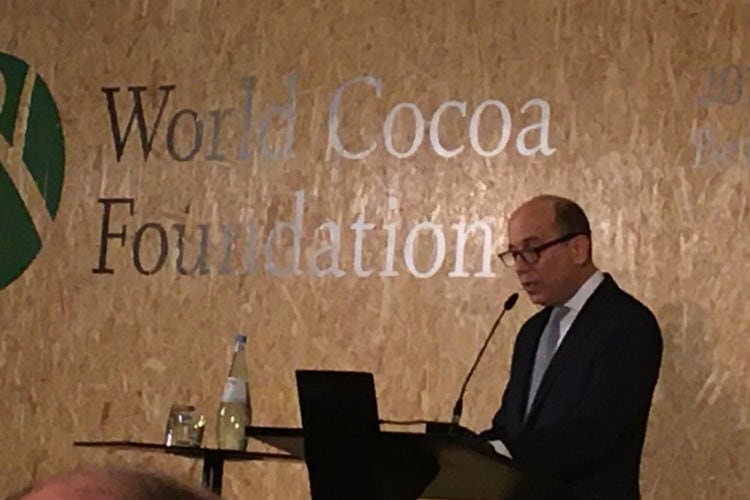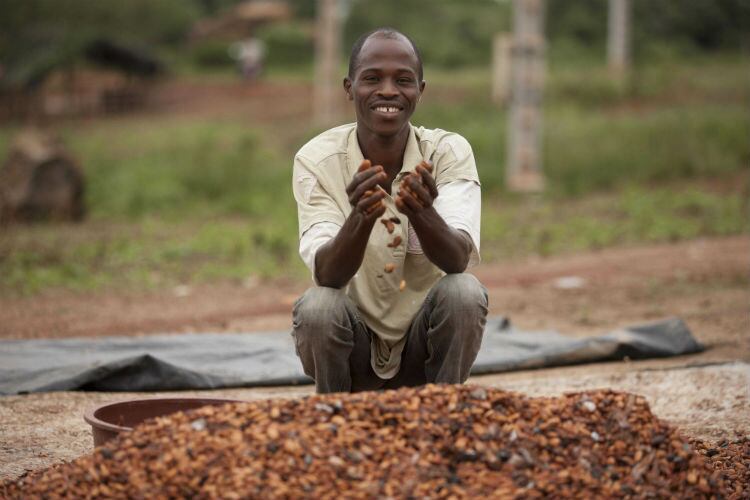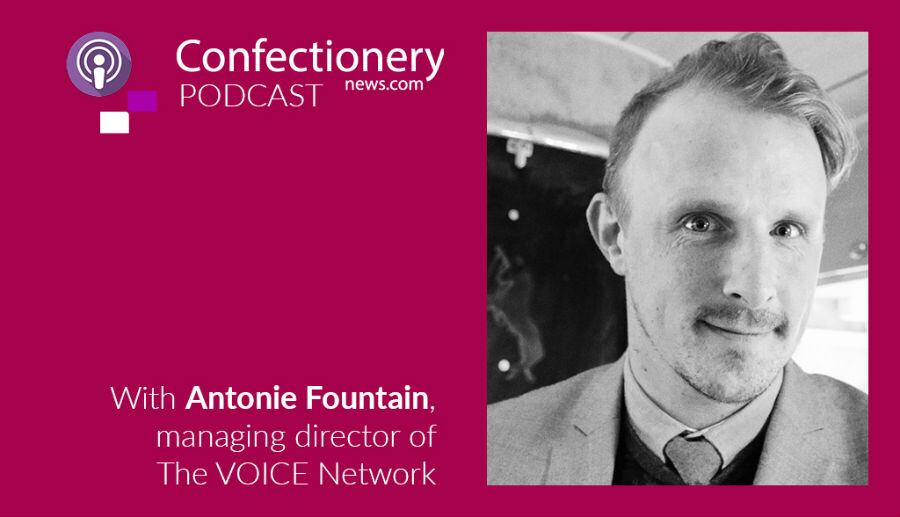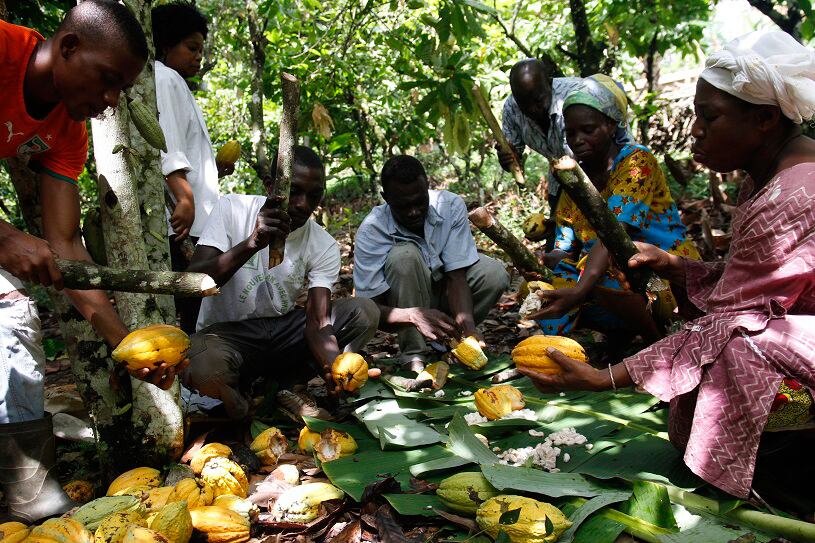World Cocoa Foundation president Rick Scobey has outlined fresh approaches to reduce farmer poverty in the industry and says the WCF is “committed to implementing the Living Income Differential (LID) that Côte d'Ivoire and Ghana introduced in July as part of a mutual objective to raise farmer income”.
Scobey’s opening address at the year’s WCF Partnership Meeting said the sustainability programs of the WCF member companies are playing a critical role in achieving progress for sustainable development goals (SDGs) and a responsible supply chain. These sustainability programs are reaching almost 700,000 farmers and their families, he said.

“I want to be very clear, the industry's commitment is to ensure a living income for farmers because all other elements of sustainability flow from that,” he said.
He also announced a new partnership called 'Children First', investing in Child Protection Systems to monitor and redressed child labor in the industry.
Since last year’s meeting in Sao Paulo, Scobey told attendees that the WCF has seen an increasing attention of companies, governments, consumers, Civil Society organizations, and the media to the pressing long-term development challenges of living income, climate change and deforestation, and child and forced labor in the cocoa sector.
He said WCF company members are incorporating the living income differential into their individual procurement plans for the 2020-2021 crop season. “Now as we focus on increasing farmer income, we must also always ensure that the cocoa is grown responsibly,” he said.
“We are very encouraged by the progress that is underway now to ensure a responsible supply chain and to make progress on achieving the sustainable development goals.”
He said the roll-out of new technologies and innovations are also having an effect, along with the application of more modern production techniques.
Prosperous farmers
In support of the WCF’s new vision, Scobey said it has committed to three long-term goals; the first is for prosperous farmers to become truly sustainable and profitable with the transformation of traditional smallholder farming into modern businesses that enable farmers to earn sufficient income to achieve a decent standard of living.
We are all on a shared journey together to enhance the sustainability of the cocoa sector and improve the livelihoods of the cocoa farmers and their families
Secondly, is for empowered communities to feed their own development where human rights are protected and the safety and well-being of children and their families are strengthened.
Finally, he said the Foundation wants to achieve a healthy planet, which is conserved and enhanced with resilient and bio-diverse landscapes with reduced carbon footprints.
He called for more multi stakeholder collaboration and partnerships within the industry, which includes companies working together in “pre-competitive, collective action as well as building new partnership platforms with our partners in government and other stakeholders."
Scobey said a second level of change should be effective government policy and regulatory frameworks, not only in the origin countries, but also in the cocoa importing or the cocoa consuming countries.
Public and private investment should be more aligned to leverage work at scale and he confirmed that the WCF is scaling up farmer access to financing through company support for programs.
Scobey said new tools to facilitate transparency and traceability, new farming models and new business models to organize production that have been introduced in the past 12 months have helped create a renewed energy and are important drivers of change in the cocoa sector.
The WCF board of directors have endorsed its new strategic directions, and Scobey told delegates the core vision of WCF “is a thriving and sustainable cocoa sector where cocoa farmers prosper, communities are empowered and the planet is healthy”.
“We are all on a shared journey together to enhance the sustainability of the cocoa sector and improve the livelihoods of the cocoa farmers and their families,” he concluded.
Mars' 'Cocoa for Generations'
John Ament, global vice president cocoa at Mars Incorporated, said ensuring cocoa farmers can thrive is an objective that is too big for any one company to tackle alone and it requires intense effort from a wide range of other stakeholders.
He said Mars was one of the first companies to sign up to the LID and the company will “continue to collaborate with farmer communities, cocoa suppliers, non-governmental organizations (NGOs), industry groups, governments, and others to ensure the long-term sustainability of cocoa.”
But he told delegates: “the cocoa supply chain is broken, and current interventions are not enough to fix it.”
Ament said that the today’s cocoa supply chain does not deliver on Mars’s ambition for everyone along the chain to have the opportunity to thrive.
“It was this realization, together with our company’s commitment to create mutual benefits for all as outlined in our Sustainable in a Generation Plan, which led us to launch the Cocoa for Generations strategy in 2018,” he said.
“Backed by a $1bn investment over 10 years, Cocoa for Generations places the interests of the smallholder farmer at its center.
“It’s how we hope to step-change efforts and invite the cocoa sector to partner with us in a new approach, given all we have learned over the years about what works and does not work.”




